Hosted E-Commerce Solutions—Power Your Online Store with Secure, Scalable Hosting
Launch, Grow, and Dominate the E-Commerce Market
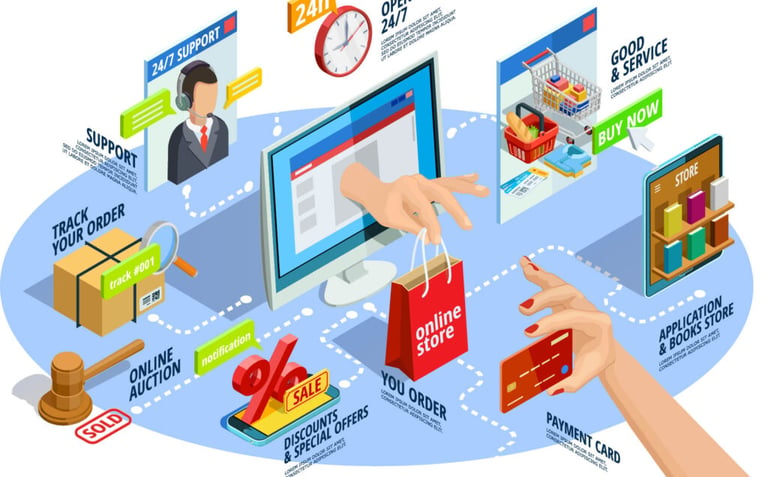



What are e-commerce solutions?
Your ecommerce website is essentially a digital storefront that needs a physical location, and hosting provides that space on the internet where your site can be accessed. Ecommerce hosting typically includes web hosting services, which provide server space to host your website and make it accessible on the internet.
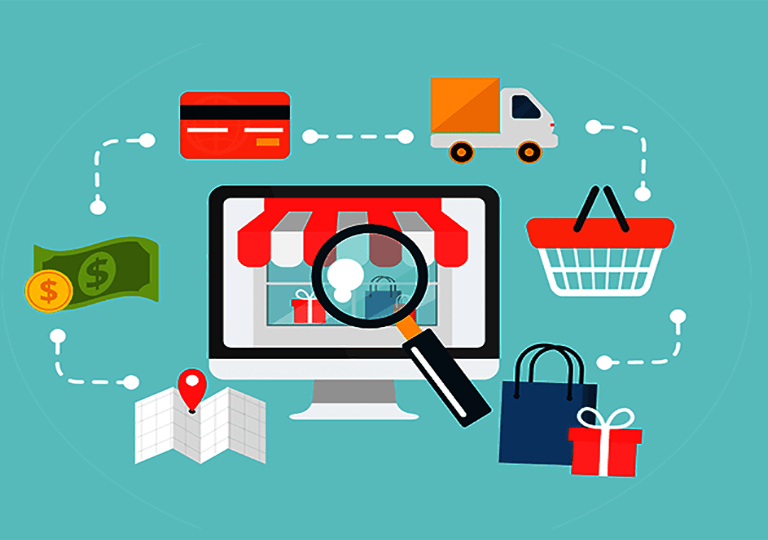

E-commerce Website Services
Comprehensive solutions for launching and managing your e-commerce business effectively and efficiently.


Market Research Insights
Identify your niche and understand market trends for better decision-making.
Business Planning Support
Craft a solid business plan to guide your e-commerce journey and growth.
Secure Payment Solutions
Integrate reliable payment gateways ensuring security and customer trust in transactions.
What are the different types of e-commerce sites?
Business-to-Consumer (B2C)
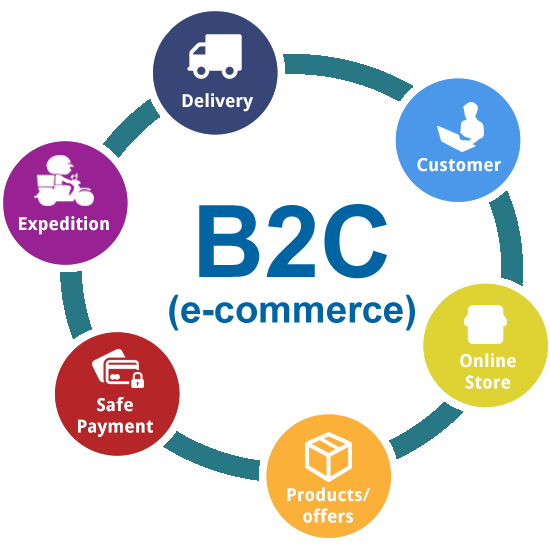

The most common type, where businesses sell products or services directly to consumers. Examples include Amazon, Walmart, and fashion retailers.
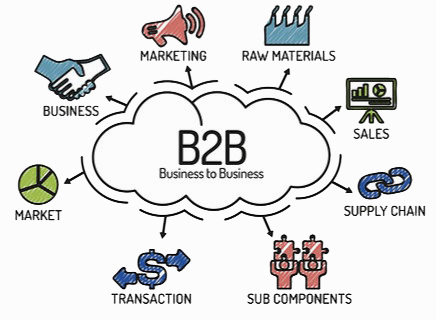



Platforms where businesses sell to other businesses, such as wholesale suppliers, software providers, and industrial equipment sellers. Examples include Alibaba and Salesforce.
Marketplaces where individuals buy and sell products or services among themselves, often facilitated by a third-party platform. Examples include eBay, Craigslist & Facebook Marketplace.
Consumer-to-Consumer (C2C)
Business-to-Business (B2B)
Consumer-to-Business (C2B)
A less common but growing model where consumers offer products or services to businesses, such as freelance work, influencer marketing, or stock photography. Examples include Fiverr, Upwork, and Shutterstock.
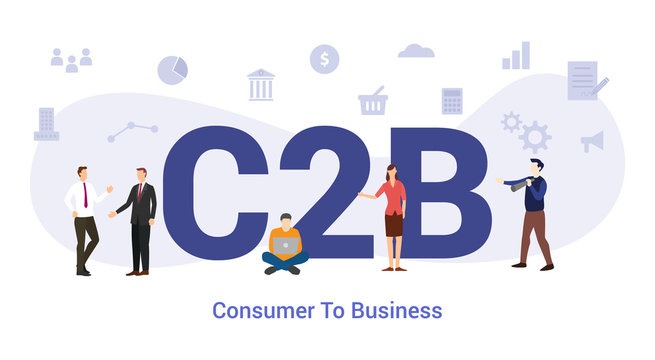

Subscription-Based E-Commerce
Businesses offer products or services via a recurring payment model, such as streaming services, subscription boxes, and software licenses. Examples include Netflix, Birchbox, and Adobe Creative Cloud.


Dropshipping Websites
These stores sell products without holding inventory, relying on suppliers to fulfill orders directly. Common in niche and trending product markets. Examples include AliExpress dropshipping stores.


Social Commerce
E-commerce conducted directly through social media platforms, allowing customers to shop seamlessly via apps. Examples include Instagram Shopping, TikTok Shop, and Facebook Shops.


Marketplace E-Commerce
Platforms where multiple third-party sellers list products for consumers, often handling transactions and logistics. Examples include Amazon Marketplace, Etsy, and Airbnb.
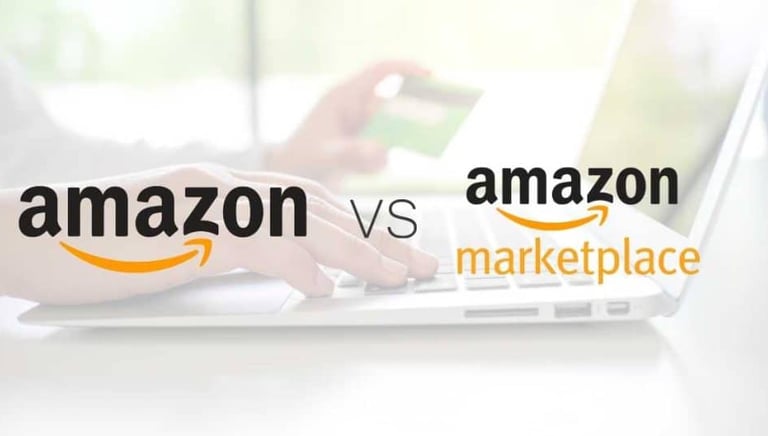

Why Your Website is the Key to Business Success?
Welcome to IM DSL, where innovation meets digital excellence. Your business deserves more than just a website—it deserves a high-performance digital platform that captivates, converts, and accelerates growth.
CONTACT US:
203, 26th July St., Sphinx Square, El Mohandeseen , Cairo, Egypt
Mobile : +20 1028905553
Email : info@im-dsl.com
